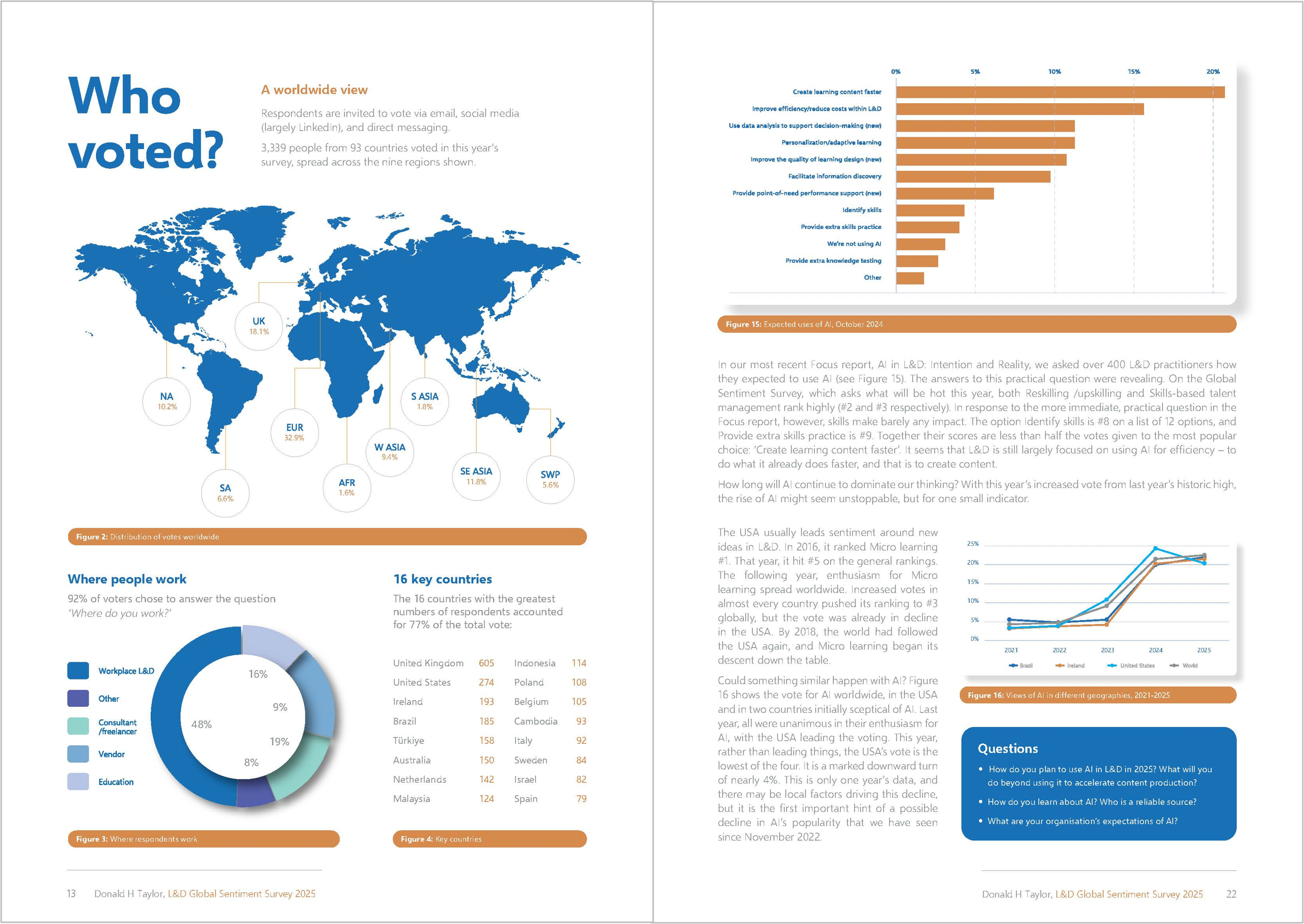The Kenexa-Taleo patent suit

Human Capitalist Jason Corsello over at Knowledge Infusion has an excellent recent post on The History of Patent 5,999,939. That’s the patent at the centre of Kenexa’s suit against Taleo.
Here’s how the patent begins:
A method for facilitating the accurate transfer of information from each of a plurality of nonuniformly formatted source data streams into a structured database
Sounds great. Also sounds like the sort of code that many software houses might claim to own.
Quite.
Jason does a great job of laying out the history of this patent, its role in the Kenexa-Brass Ring acquisition, and asks two questions: why now? and why Taleo? (and not one of the many other organisations they could have targeted).
The answers are convincing, and paint a pretty sorry picture of the direction Kenexa has taken. Jason concludes:
I personally think Kenexa will receive a lot of backlash from the market and its customers for “patent trolling” versus actually focusing on where they should — innovating both products and services. If I were a customer, I would much rather see the R&D expense line go up instead of the legal expense.
Absolutely.
Kenexa must be pretty sure that they can win this one, because the PR downside of this will be considerable.
Here’s a parallel case:
In July 2006 Blackboard, maker of a Learning Management System (LMS) popular in higher education, patented some of the mechanisms behind this software, and sued Desire2Learn, a Canadian LMS vendor. Essentially, they seemed to claim to have invented not just this one LMS, but the foundation of all LMSs.
The result: a backlash against Blackboard among both the user and commentator communities.
Anecdotal evidence is that over the year since the suit was brought, many clients have opted instead for Moodle, Blackboard’s open source alternative. In fact, the violent reaction has led to an extensive Wikipedia entry on the History of Virtual Learning Environments. This has been assembled by Wikipedia contributors precisely to act as evidence that other inventors and inventions pre-date Blackboard’s claims.
Fast forward to August 2007, and we find a judge rules the first 35 of Blackboard’s 44 claims have been ruled invalid.
Maybe none of this matters. Blackboard Inc stock is up about 80% since July 06, and in analysts rankings are stacked 6 for ‘Buy’ against none for ‘Negative’. But you can only keep selling a product that nobody will admit to buying for so long.
‘Nobody likes us and we don’t care,’ may work as a chant on the soccer terraces, but it’s no way to run a business.
No, in a case like this, there’s only one winner: the competition (Moodle is now moving from the educational to the corporate space on the back of increased adoption).
Oh, and the lawyers do pretty nicely, too. Check the dates: patent filed July 2006. Majority of cases rejected August 2007. That’s a lot of pay days before the judge made the only ruling that every neutral observer thought possible.


